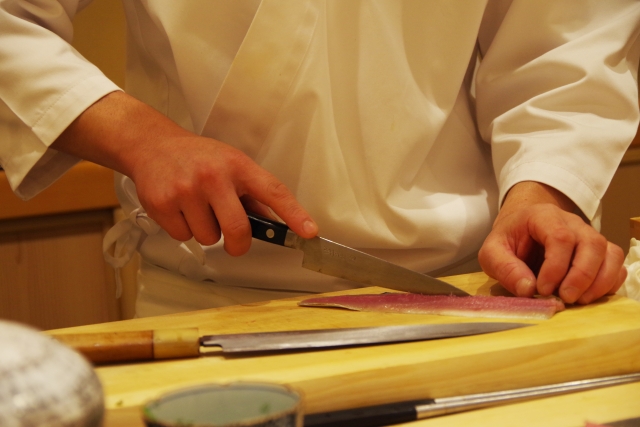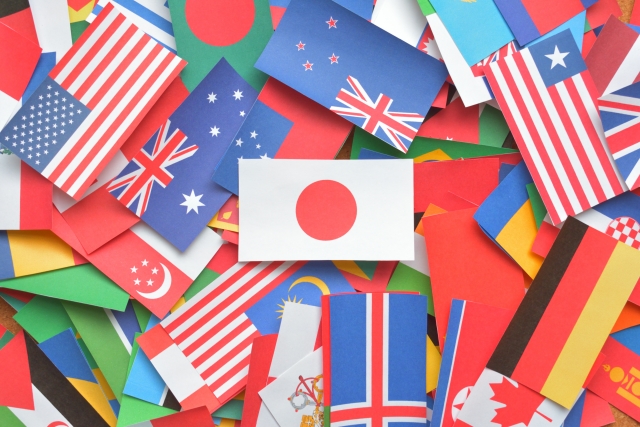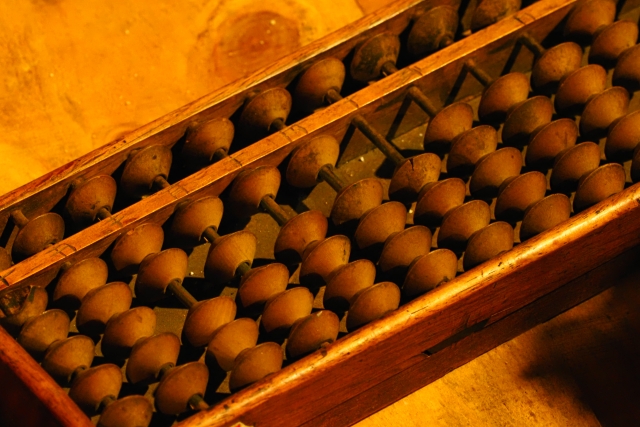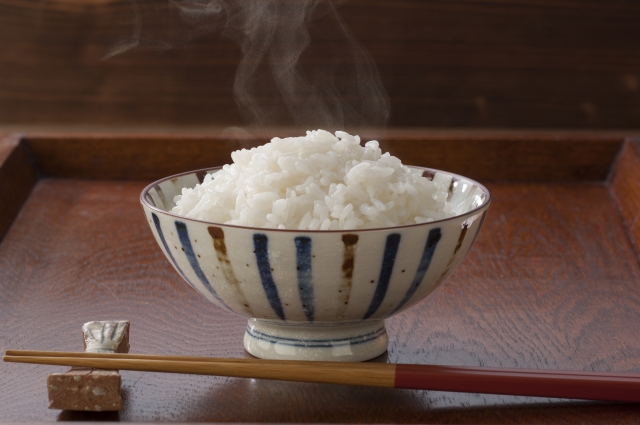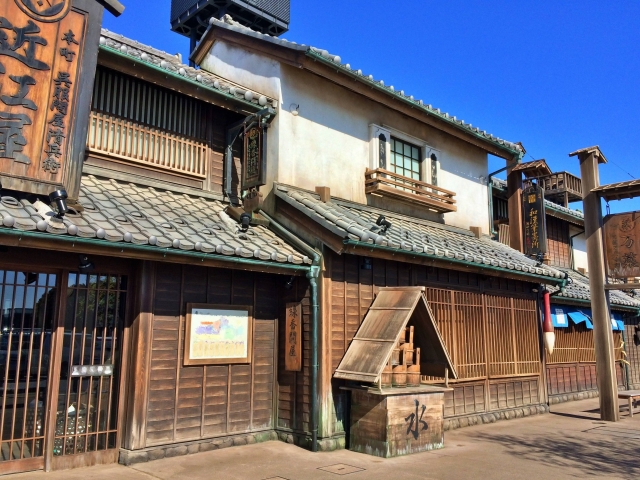
According to a survey by Teikoku Databank, there are approximately 33,000 companies that have been in business for more than 100 years as of 2019.
Companies that have been in business for more than 100 years are called “long-lived companies”.
While the average lifespan of a company is generally said to be 30 years, it is not easy for a company to continue to exist for more than 100 years after its establishment.
Why are there so many long-lived companies in Japan?
In a word, they place importance on the “mission to continue”.
Long-lived companies run their businesses from the perspective of “What do we have to do to continue?”
to manage their companies.
In this article, I would like to share with you some of the characteristics that seem to be common to long-lived companies.
Investment and Challenge
It is said that a company should not forget the essential things that do not change forever, but at the same time, it should adopt the new things that are changing.
“Imperishable”: something essential that will never change: the reason for a company’s existence (philosophy)
“Fashionable”: Adopting new and ever-changing trends: Changing products, business conditions, etc. to suit the environment
The external environment, such as markets and customers, is constantly changing.
In order to survive, it is necessary to determine what to change and what not to change, and to continue to make choices.
The criterion for discernment is the “raison d’etre (philosophy) of the company,” and as a result of continuous selection, it is thought that this leads to the building of sustainable relationships with customers, which in turn leads to longevity.
They invest and challenge in “things that change,” but not speculatively or recklessly, but with an eye on the future.
Example of Toraya
Toraya(Toraya Confectionery Co., Ltd.) is widely known as “Toraya’s Yokan”.
The company was founded in the late Muromachi period (1336-1573) and has a history of about 500 years.
Toraya’s philosophy is “to serve delicious Japanese sweets with pleasure”.
In response to changing tastes and preferences, we are developing the “Toraya Cafe”.
With the concept of proposing a free and new world of sweets, we offer sweets using “Toraya” bean jam.
Clarification and inheritance of philosophy
In the article “Investment and Challenge”, we mentioned that “the essential thing that never changes = the raison d’etre (philosophy) of a company”.
In the past, it was inherited in the form of “family precepts, company mottoes, and company precepts,” and today it continues to be inherited as the “raison d’etre (philosophy) of a company”.
The “raison d’etre (philosophy) of the company” does not end after it is clearly stated, but is thoroughly disseminated throughout the company.
Instead of being swayed by short-term profits, he repeatedly makes decisions based on the “raison d’etre (philosophy) of the company”.
It is similar to Warren Buffett’s investment method.
- They don’t mess with things they themselves don’t understand
- Has a safety zone
It cannot be said that even long-lived companies have had smooth sailing without crises.
Every time there is a crisis, they ask themselves, “Who are we? “and “How can we make the most of our strengths?” and “What are our strengths?”
Respect for employees
The company has a deep-rooted attitude of considering each employee as a friend and family member and caring for their happiness.
It is not that they are doing something special, but the degree of thoroughness is different.
Quality, Creativity and Humanity” of “Gekkeikan”
Gekkeikan(Gekkeikan Sake Co., Ltd.) is a sake brewing company that produces a variety of alcoholic beverages, mainly Japanese sake.
It is a long-lived company, surviving for about 400 years since its establishment in 1637.
Gekkeikan’s philosophy is “Quality, Creativity and Humanity”.
Of the three, “Humanity” is practiced in the “memorial service for the deceased” as “valuing the life of employees”.
They even hold a memorial service for the deceased on the 50th anniversary of their death.
Not only current employees, but also retired employees and even deceased employees are treated as our colleagues.
Preparing for Risk
Long-lived companies have survived for more than 100 years, but that does not mean that they have not experienced drastic changes in the world.
They have experienced natural disasters, wars, and other crises that companies face.
They have always been prepared for risks, which can be described by the words “sturdy management” and “solid management”.
- Not focused on short-term profits
- Focus on what we can do
- Does not do anything out of philosophy
- Stay out of fields where we can’t leverage our strengths
- Frugal and thrifty in preparation for emergencies
They are thorough in doing the above.
We believe there are many more distinctive factors.
We feel that the underlying principle is “when in doubt, go back to your philosophy”.
The philosophy of a company is the “Kokorozashi” of an individual.
“Kokorozashi” is the purpose of one’s own life.
We believe that the key to making the most of the uniqueness of each individual lies in “Kokorozashi”.


